Possible Successors To Pope Francis: Examining The Leading Candidates
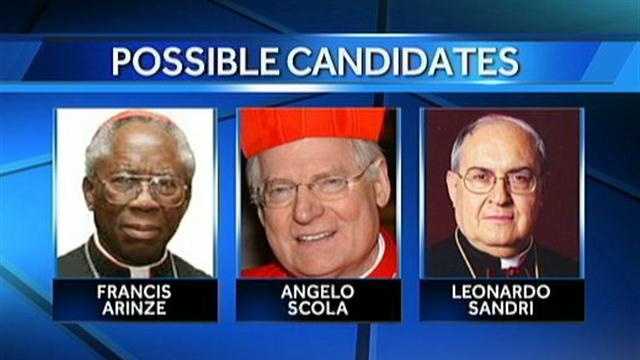
Table of Contents
Cardinal Pietro Parolin: The Vatican's Experienced Diplomat
Background and Career:
Cardinal Pietro Parolin's extensive experience in Vatican diplomacy makes him a prominent figure in discussions surrounding the possible successors to Pope Francis. His career trajectory showcases a deep understanding of international relations and the complexities of the Catholic Church's global presence. As Secretary of State, he's been at the heart of the Vatican's decision-making processes, navigating delicate geopolitical situations and representing the Holy See on the world stage.
- Key diplomatic achievements: Negotiating significant international agreements, representing the Vatican at major global summits, fostering dialogue between the Church and other faiths.
- Involvement in significant international events: Active participation in interfaith dialogues, contributions to peace negotiations, and engagement with global challenges such as climate change and poverty.
- Languages spoken: Fluent in Italian, Spanish, French, English, and German, reflecting his global perspective and communication skills. This multilingual proficiency is a significant asset in leading a global institution like the Catholic Church.
Theological Stance:
Cardinal Parolin's theological stances are characterized by a pragmatic and diplomatic approach. While specific theological writings may be less abundant compared to some other cardinals, his public statements and actions indicate a commitment to maintaining unity within the Church while addressing contemporary challenges.
- Views on ecumenism: A strong advocate for interfaith dialogue and collaboration, reflecting the Pope's emphasis on ecumenical relations.
- Social justice: His involvement in initiatives addressing social justice issues aligns with the Church's longstanding commitment to aiding the poor and vulnerable.
- Relations with other faiths: He has consistently emphasized respect for other religions and the importance of interfaith understanding in promoting peace and harmony.
Potential Strengths and Weaknesses:
Cardinal Parolin's extensive experience in Vatican diplomacy is undoubtedly a significant strength. His ability to navigate complex international relations and represent the Church on the global stage is invaluable. However, a potential weakness could be his relative lack of direct pastoral experience in a diocesan setting. While his diplomatic skills are unparalleled, his experience may be less directly focused on the pastoral care of individual believers.
Cardinal Luis Antonio Tagle: The Charismatic Shepherd from Asia
Background and Career:
Cardinal Luis Antonio Tagle's background and career highlight his pastoral approach and deep connection with the faithful. His work in the Philippines, where he served as Archbishop of Manila, showcased his ability to connect with people from all walks of life, earning him a reputation as a charismatic and approachable leader.
- Experience as Archbishop of Manila: Successfully managed the Archdiocese of Manila, demonstrating strong leadership and pastoral care.
- Involvement in charitable work: A known advocate for the poor and marginalized, actively involved in various charitable and social justice initiatives.
- Known for his accessibility and engaging style: His engaging communication style and ability to connect with people across social strata makes him a highly popular figure.
Theological Stance:
Cardinal Tagle's theological leanings emphasize the importance of serving the poor and marginalized, reflecting a deep commitment to social justice. His focus is often on the practical application of faith in everyday life and fostering a culture of compassion.
- Views on poverty: A vocal advocate for poverty reduction and economic justice, aligning with the social teachings of the Church.
- Social justice: Dedicated to addressing social inequalities and promoting the dignity of all human beings.
- Engagement with modern media: He has effectively utilized modern media to communicate with a wider audience, demonstrating an understanding of the evolving media landscape.
Potential Strengths and Weaknesses:
Cardinal Tagle's charisma and deep connection with the faithful are undeniable strengths. His ability to inspire and motivate people is a significant asset. However, his relative lack of experience within the Roman Curia might be considered a potential weakness compared to cardinals with more extensive experience in the Vatican's administrative structures.
Other Prominent Cardinals and Potential Dark Horses
Mentioning several other influential Cardinals:
Several other cardinals are frequently mentioned in succession discussions. These include, but are not limited to, Cardinal [insert name and nationality], known for [brief description of theological stance and key role], and Cardinal [insert name and nationality], recognized for [brief description of theological stance and key role]. While these individuals hold significant influence, the focus of this article remains on the two leading candidates.
- [Cardinal A]: Nationality, key roles within the church, known theological positions (brief bullet points).
- [Cardinal B]: Nationality, key roles within the church, known theological positions (brief bullet points).
The Importance of Unpredictability:
It's crucial to acknowledge the inherent unpredictability of a papal conclave. The College of Cardinals is a diverse body, and the outcome of the conclave is often influenced by unforeseen factors. A "dark horse" candidate, someone less prominently discussed in the media, could emerge as a surprise choice.
Conclusion
Understanding the possible successors to Pope Francis requires considering the diverse backgrounds and theological perspectives of leading cardinals. Cardinal Parolin's diplomatic expertise and Cardinal Tagle's pastoral charisma represent distinct strengths. The existence of other significant contenders and the inherent unpredictability of a papal conclave highlight the complexity of the process. While the future remains uncertain, understanding these potential successors – and the diverse perspectives they represent – is crucial for comprehending the potential future direction of the Catholic Church. Continue to follow developments and engage in informed discussions about the possible successors to Pope Francis to better understand the complexities facing the Church.

Featured Posts
-
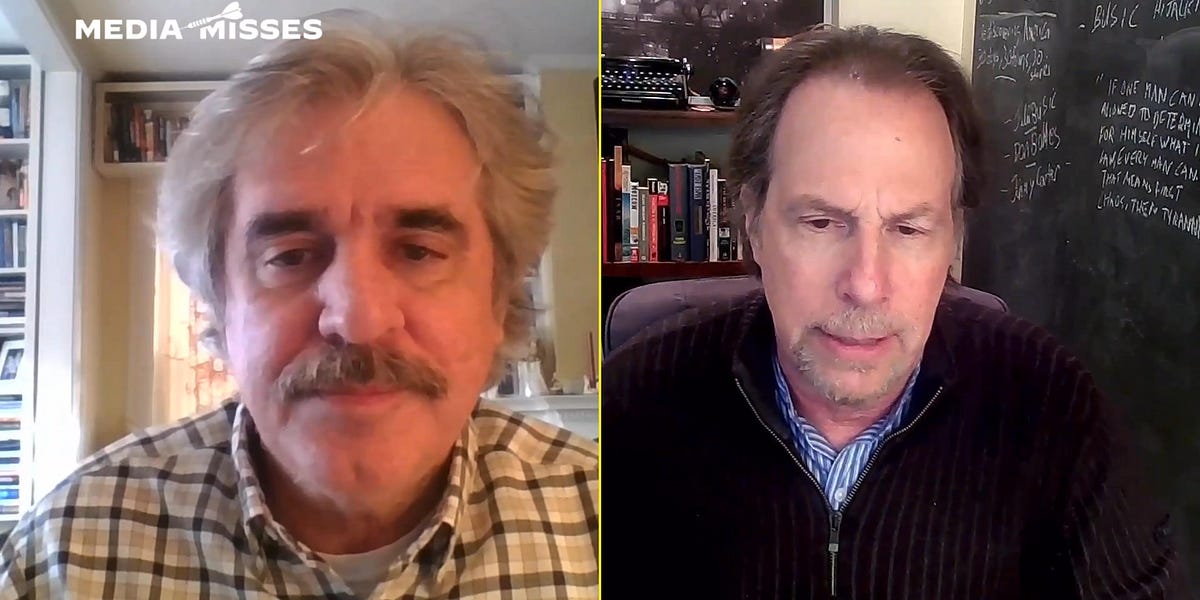 Understanding Conor Mc Gregors Media Strategy With Fox News
May 12, 2025
Understanding Conor Mc Gregors Media Strategy With Fox News
May 12, 2025 -
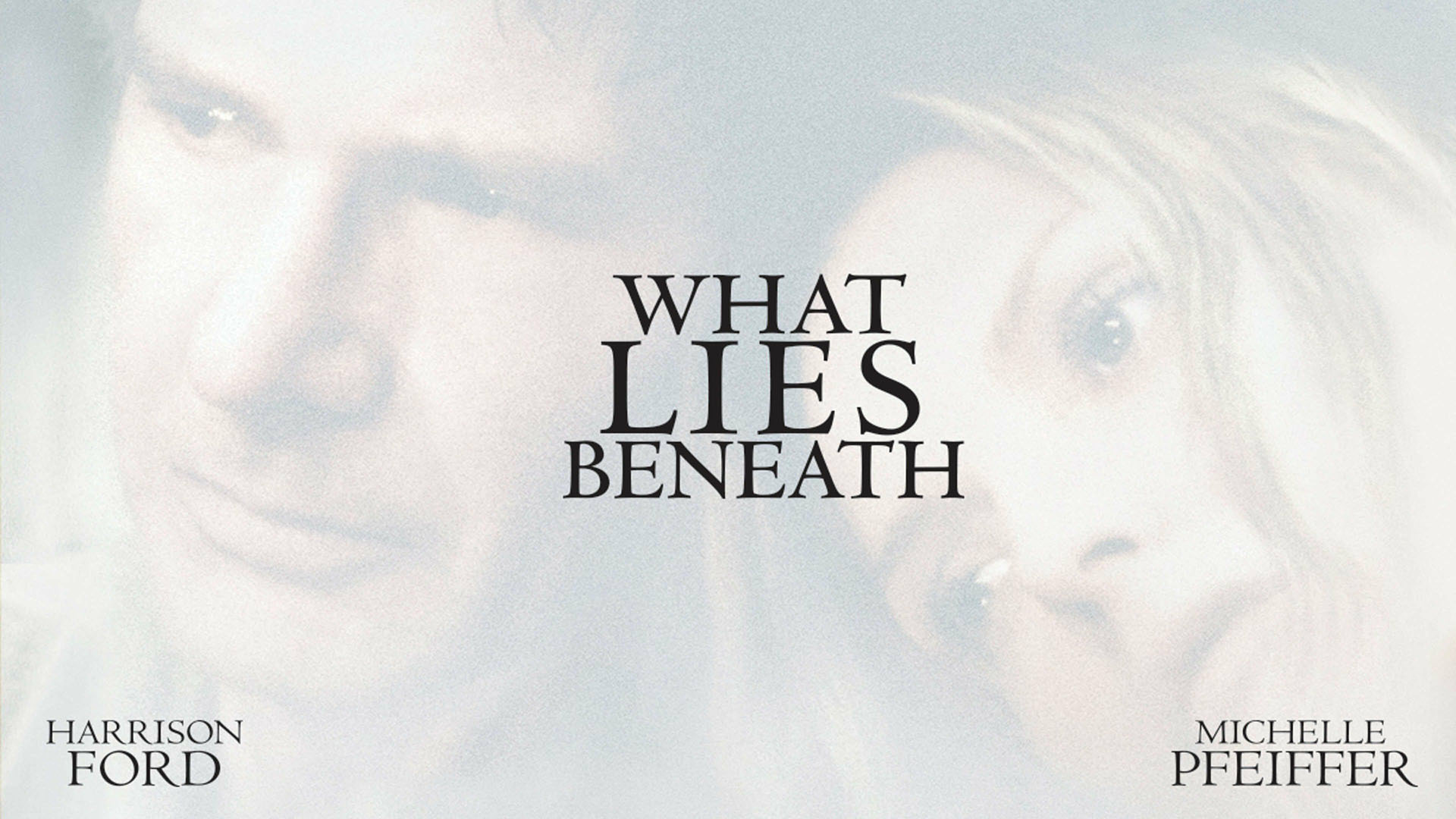 What Lies Beneath Floridas Springs Filming Alligators
May 12, 2025
What Lies Beneath Floridas Springs Filming Alligators
May 12, 2025 -
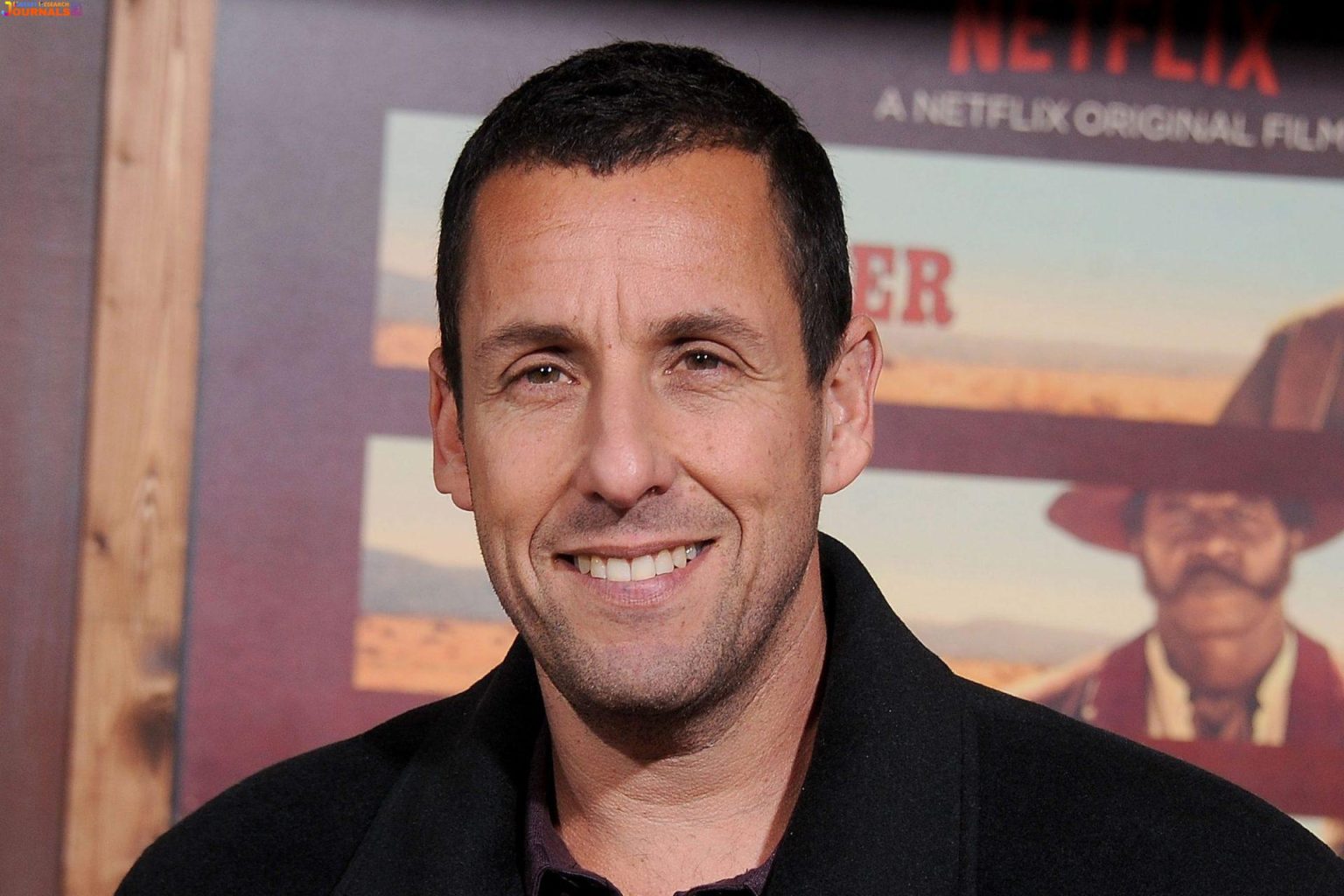 Adam Sandler Net Worth Proof That Comedy Can Make You Rich
May 12, 2025
Adam Sandler Net Worth Proof That Comedy Can Make You Rich
May 12, 2025 -
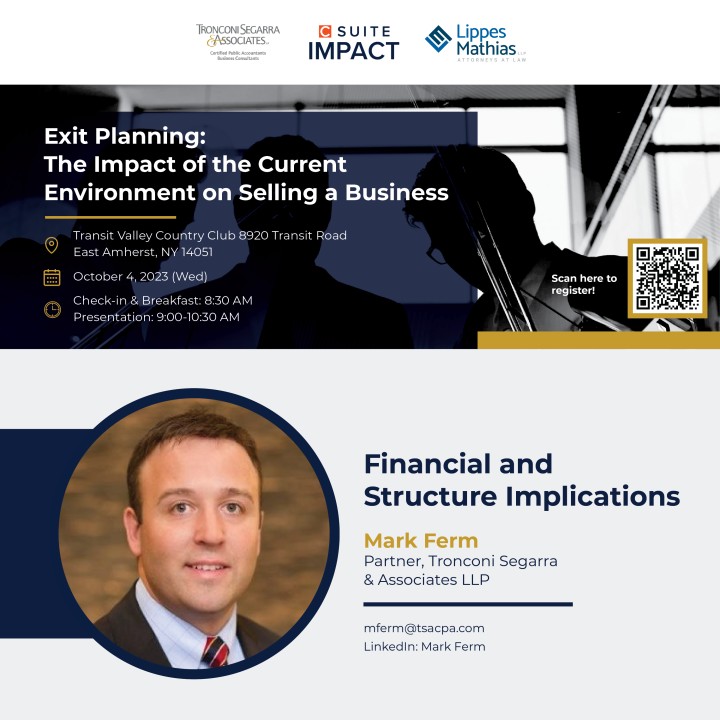 James O Keefes Latest Investigation Implications For Prince Andrew
May 12, 2025
James O Keefes Latest Investigation Implications For Prince Andrew
May 12, 2025 -
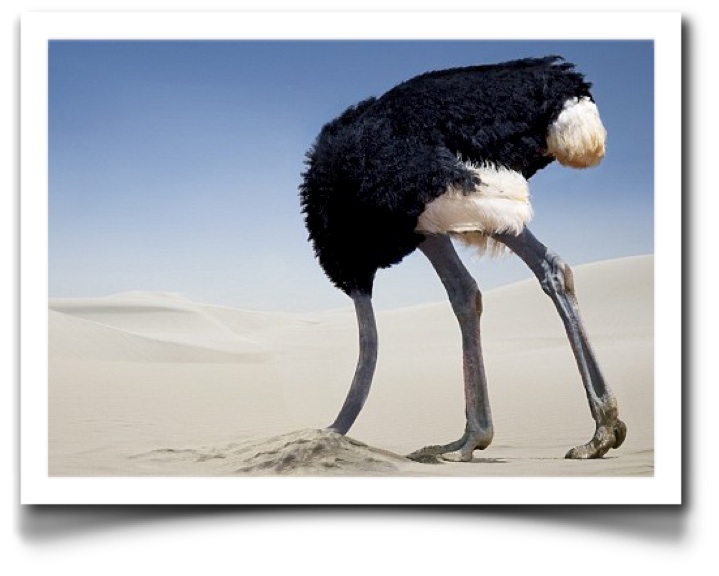 Boris Johnson Y El Ataque De Avestruz En Texas La Reaccion Del Ex Primer Ministro
May 12, 2025
Boris Johnson Y El Ataque De Avestruz En Texas La Reaccion Del Ex Primer Ministro
May 12, 2025
